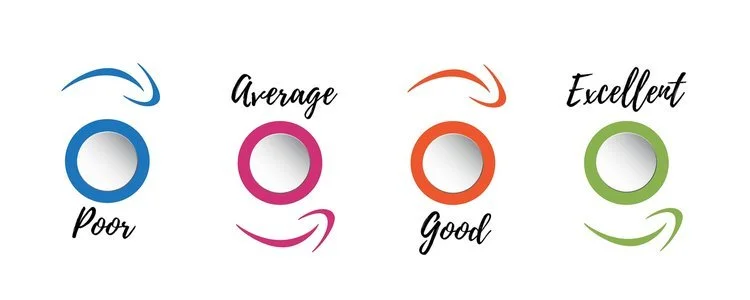The Misguided Desire for an American Strongman
Many Americans are fed up with their government – and each other. Polls reveal they think we’re on the “wrong track,” lack trust in core institutions – the presidency, Congress, the courts, the media – and distrust elections and election outcomes. Many Americans are warming to the notion that political violence is likely – and significant numbers find it increasingly acceptable. They see those who favor a different political party as not just wrong but evil.
Such conditions breed the desire for a political savior – to save us from whomever we tag as “them.” George Washington warned in his 1796 Farewell Address about the dangers of such domestic distress:
“The disorders and miseries which result gradually incline the minds of men to seek security and repose in the absolute power of an individual; and sooner or later the chief of some prevailing faction, more able or more fortunate than his competitors, turns this disposition to the purposes of his own elevation, on the ruins of public liberty.”
This desire is not new. Thomas Jefferson was elected by those hoping to end what he called the “reign of witches” associated with John Adams’s Administration. Theodore Roosevelt was elected to corral corporate power and FDR was elected to save us from the Great Depression. These were strong men. But they were not strongmen.
The difference between a strong man (woman) and a strongman (woman) is the difference between our republican form of government and autocracy. It is the difference between a leader dedicated to a written Constitution and the protection of individual liberties and one dedicated to one-man rule in which Constitutional norms procedures are impediments. Washington, Jefferson and both Roosevelts were strong men. Vladimir Putin (Russia), Bashar al- Assad (Syria), Kim Jong-Un (North Korea) and Xi Jinping (China) exemplify strongmen.
It’s easy to spot the difference. Strong men abide by Constitutional restrictions. They tolerate dissenting voices, seek compromise among differences, accept limits on their power, see the value of strong, independent institutions such as a free press and abide by the peaceful transition of power through free and fair elections. Strongmen, in contrast, suppress/punish dissent, accrue power to avoid the need for compromise, weaken institutions designed to hold them accountable, prevent a free press and permit elections only when they can choose the candidates and guarantee the outcome.
Strong men have admirable character traits. They’re by no means ethically flawless, but they understand the meaning and more often than not practice honesty, integrity, and selflessness in public service. They can subordinate their ego. They see the value of being honorable not just being celebrated. They may be charismatic, but they don’t demand sycophants. Power for them is a tool to serve moral ends, not an end in itself.
It’s understandable, amidst our current troubles, that Americans value strength in a leader. But the difference between a strong man and a strongman is not well-enough understood by too many Americans. The distance between a liberal democracy (not defined as a democracy run by liberals!) and an illiberal democracy can be crossed in just one or two elections.
We should also be wary of the idea that we can elect but then contain a strongman. Historically, many strongmen first came to power through largely free elections. Hitler is the most frightening example. When a people want a strongman, it’s because they’re willing to cede power but fail to see they’re also ceding liberty. Those in power when a strongman arrives soon become subservient, silent, step aside or are removed. As it is with such individuals, so it is with institutions, which are of course run by humans.
It should worry us, as one example, that a former president with tens of millions of followers and who may become president again (Donald Trump) admires and recently endorsed Hungary’s originally democratically-elected prime minister, Viktor Orban. Orban has steadily increased his power through weakening independent and democratic institutions, rewriting election laws, curbing press freedoms, overhauling the constitution and changing the judiciary.
Facing possible electoral defeat in 1864, Abraham Lincoln – who commanded the world’s largest armed force at the time – could have used his power to ensure his re-election. Instead, he wrote what historians have labeled a “blind memorandum” in which he acknowledged his likely loss and promised to do all he could to save the union before stepping down. Then, in perhaps our nation’s most magnanimous act, he used his eventual victory not to increase power but to tell a vengeful North to forgive their Southern brethren.
George Washington, who could have easily been continually re-elected gave up the reins of power after two terms, another act of a strong man who refused to be a strongman.
We forget such history at our peril. We also fail to understand that our Constitution was crafted to prevent a strongman. Contentious, gridlocked politics is not a reason to want a strongman but a demonstration that compromise not extreme, ideological purity is essential to the success of the American experiment in self-government. Reducing the opposition to powerlessness – the outcome that comes with anointing a strongman - is a prescription for tyranny. As Washington warned us, the strongman often turns against those who elevated him.
Photo Credit: Viktor Orban -creativecommons.org






